Once considered a disease of the elderly, heart attacks are increasingly affecting younger people, even those in their 20s and 30s. This rising trend is alarming but also preventable. In this article, we’ll explore the causes, symptoms, risk factors, prevention strategies, and why awareness matters now more than ever.
💥 What Is a Heart Attack?
A heart attack, or myocardial infarction, occurs when blood flow to a part of the heart is blocked, usually due to a blood clot in a narrowed or damaged artery. Without oxygen, the heart muscle begins to die, leading to permanent damage or even death if not treated promptly.
📈 Why Are Heart Attacks Happening at a Younger Age?
Several studies and medical reports show a rise in heart attacks among people under 45 years old. Factors contributing to this include:
🔹 1. Unhealthy Lifestyle Habits
- Poor diet (high in sugar, salt, and processed food)
- Lack of exercise
- Smoking and vaping
- Excessive alcohol consumption
🔹 2. Obesity and Diabetes
- Obesity leads to high cholesterol, hypertension, and type 2 diabetes, all of which significantly raise heart attack risk.
🔹 3. Stress and Mental Health
- Chronic stress, anxiety, and depression can raise blood pressure, disrupt sleep, and contribute to unhealthy coping mechanisms like smoking or overeating.
🔹 4. Genetics and Family History
- A family history of heart disease or high cholesterol increases your risk, even if you live a healthy lifestyle.
🔹 5. Drug Use and Steroid Abuse
- Recreational drugs like cocaine or amphetamines can cause sudden heart attacks.
- Use of anabolic steroids for muscle gain also poses a serious cardiovascular risk.
⚠️ Warning Signs of a Heart Attack in Young Adults
Symptoms may not always be typical in young people. Watch for:
- Chest pain or pressure (may come and go)
- Shortness of breath
- Pain radiating to the jaw, arm, back, or neck
- Sweating, nausea, or lightheadedness
- Extreme fatigue
- Irregular heartbeat or palpitations
🔔 Important: Young adults often ignore these symptoms or misdiagnose them as anxiety, indigestion, or muscle strain. Immediate medical attention is critical.
🩺 Common Risk Factors in Young Adults
| Risk Factor | Impact |
|---|---|
| Smoking | Damages arteries, raises blood pressure |
| High cholesterol | Leads to plaque buildup in arteries |
| Sedentary lifestyle | Weakens heart and metabolism |
| Diabetes | Damages blood vessels over time |
| High blood pressure | Strains the heart muscle |
| Poor sleep | Raises cortisol and blood pressure |
| Stress | Triggers inflammatory and hormonal changes |
| Drug use | Can cause sudden cardiac arrest |
🛡️ How to Prevent Heart Attacks at a Young Age
Taking action early can drastically reduce your risk. Here’s how:
✅ 1. Eat Heart-Healthy
- Focus on whole grains, fruits, vegetables, nuts, and lean protein
- Limit sugar, saturated fats, and salt
✅ 2. Exercise Regularly
- Aim for 150 minutes of moderate activity per week
- Mix cardio with strength training
✅ 3. Quit Smoking and Limit Alcohol
- Even occasional smoking increases risk
- Drink in moderation (or avoid it entirely)
✅ 4. Get Regular Health Checkups
- Monitor blood pressure, cholesterol, and blood sugar
- Early detection is key
✅ 5. Manage Stress
- Practice mindfulness, yoga, or deep breathing
- Prioritize mental health support
✅ 6. Sleep Well
- Aim for 7–9 hours of quality sleep each night
👨⚕️ When to See a Doctor
If you have a family history of heart disease or other risk factors, consult a cardiologist for a preventive checkup. Screening tests like ECG, echocardiograms, or lipid profiles can detect early signs of trouble.
📢 Final Thoughts
Heart attacks in young age are no longer rare. They are a real and rising threat—but with awareness, healthy choices, and timely medical care, they are largely preventable. Protect your heart early, and it will take care of you for life.
ABOUT THE AUTHOR
Dr. Alex Sam is a passionate healthcare professional with an MBBS and MRCGP degree and a strong commitment to modern medicine. Known for his empathetic approach, he emphasizes listening to his patients and understanding their unique health concerns before offering treatment. His areas of focus include family medicine and general health management, where he strives to provide holistic care that improves both physical and mental well-being. Dr. Alex is also a strong advocate for preventive screenings and early detection of diseases, ensuring his patients maintain healthier lives. With a calm demeanor and deep medical insight, he has earned the trust of both his patients and peers in the medical community.
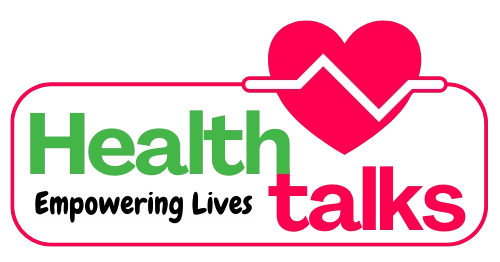
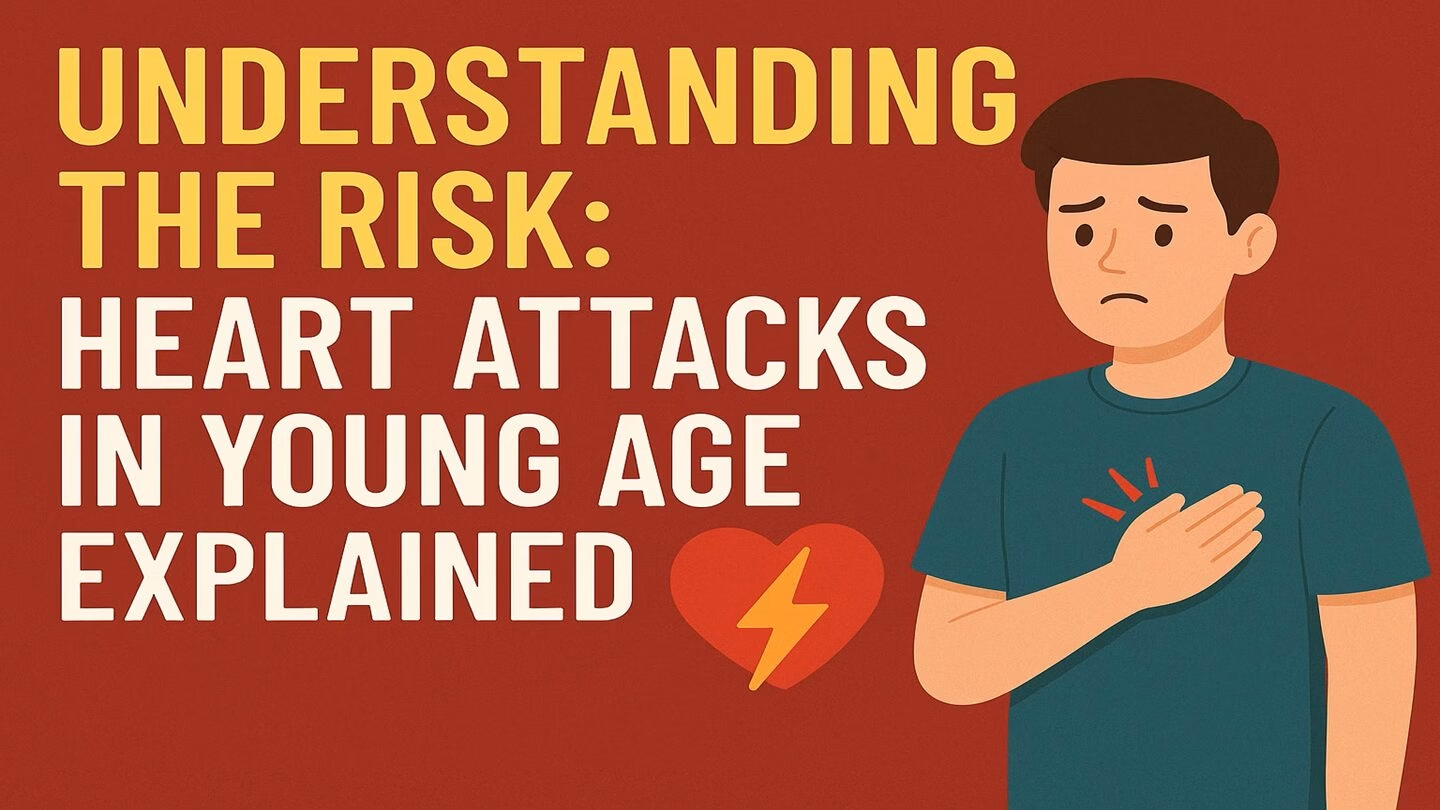
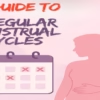
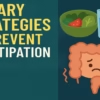
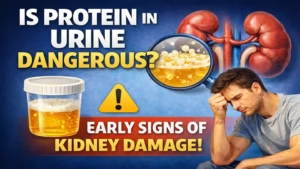
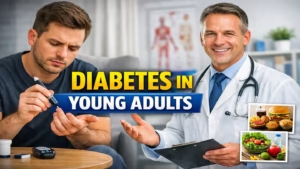
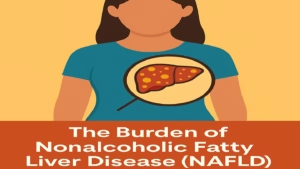
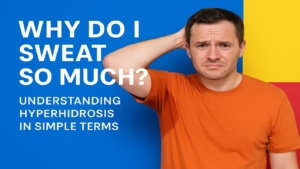
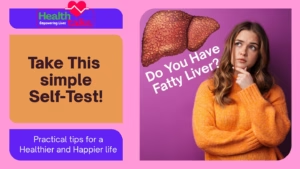
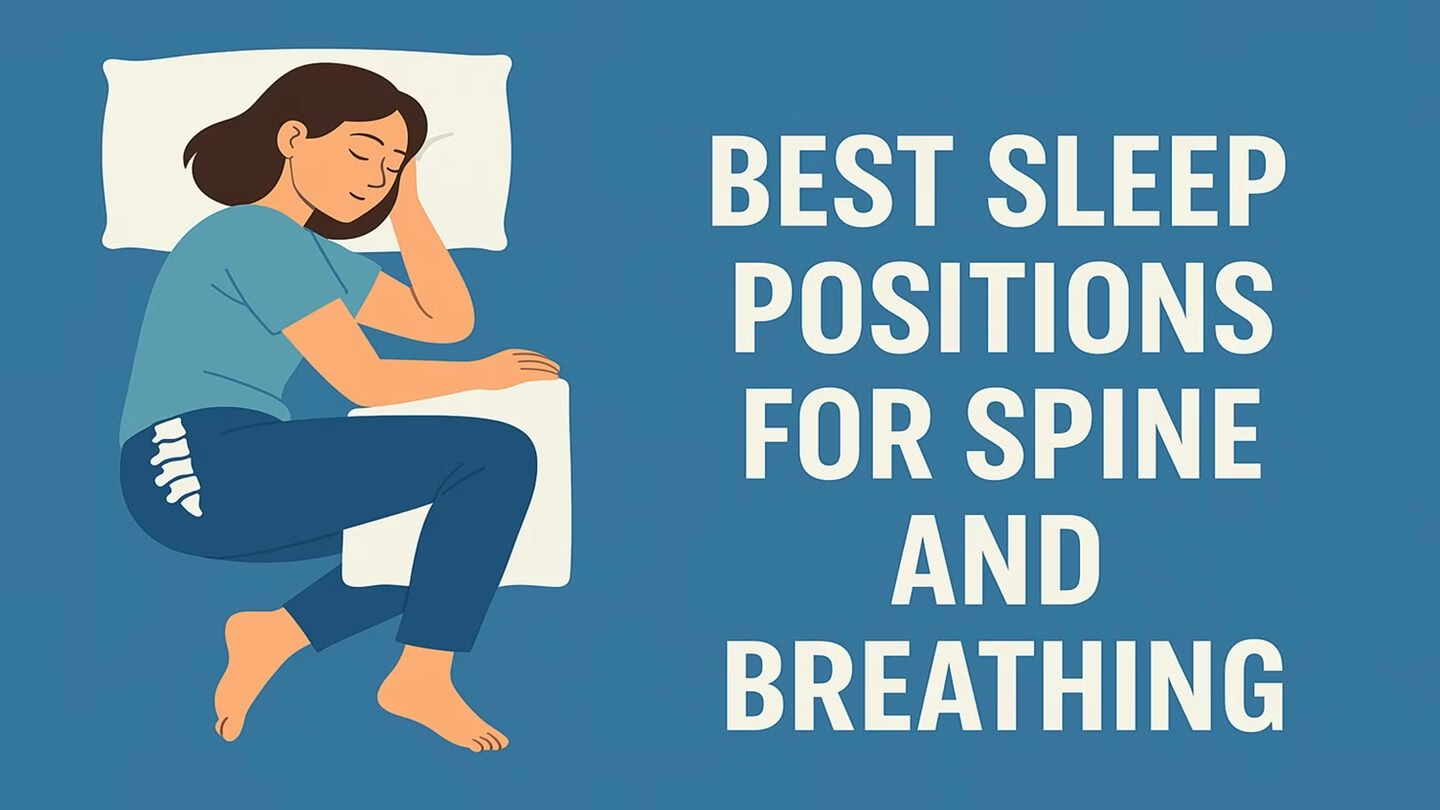
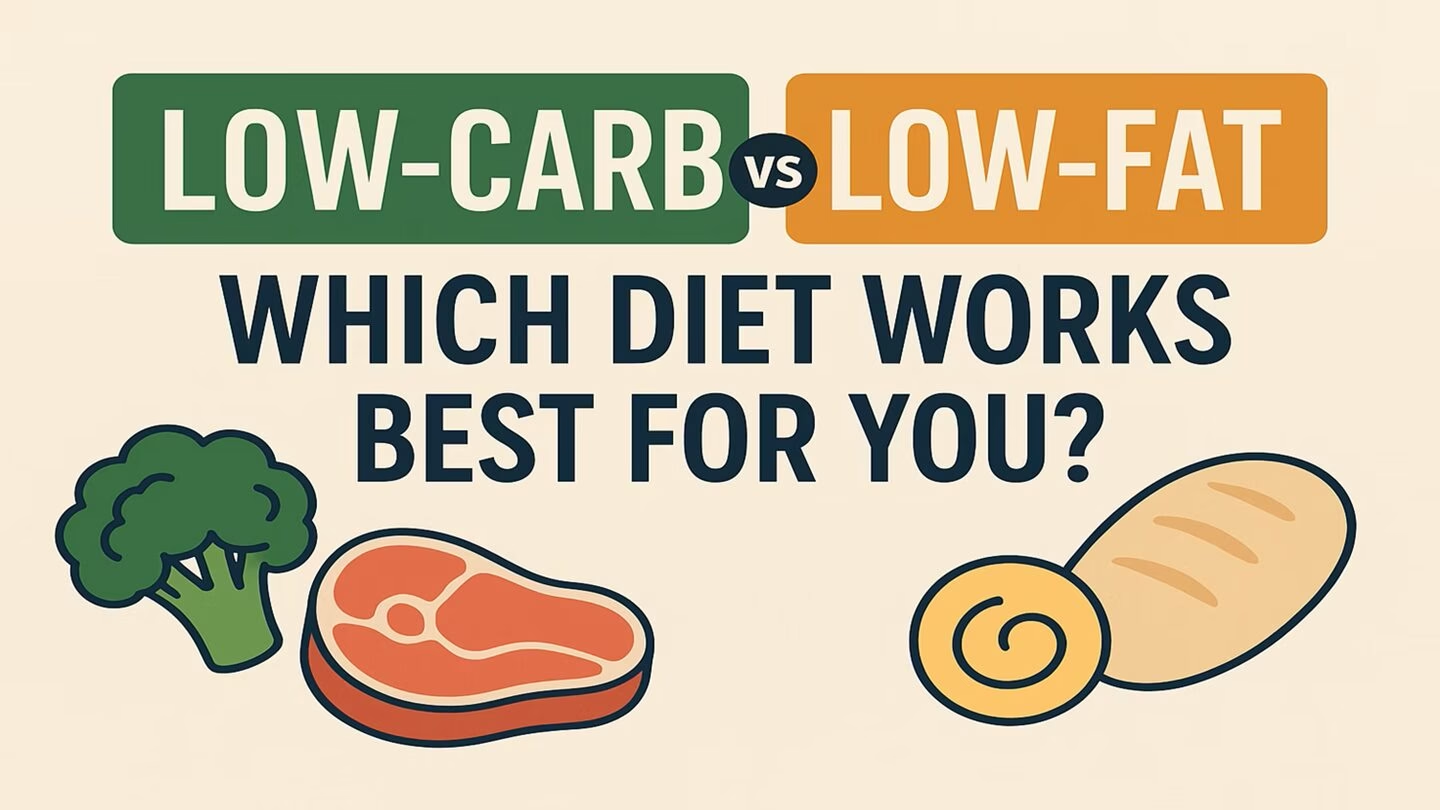
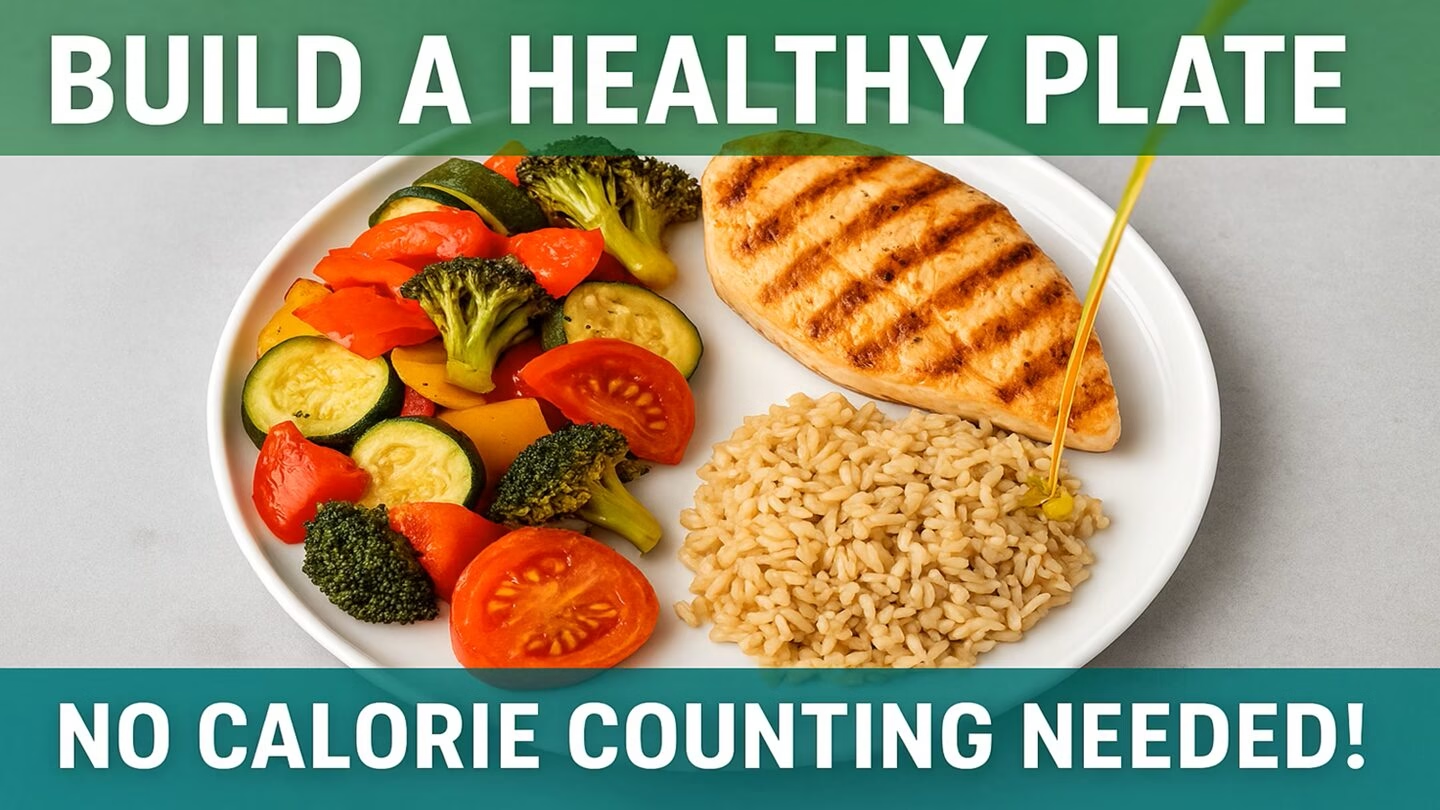


Add comment